A largely semi-desert country, Chad is rich in gold and uranium and stands to benefit from its recently-acquired status as an oil-exporting state.
Chad’s post-independence history has been marked by instability and violence, stemming mostly from tension between the mainly Arab-Muslim north and the predominantly Christian and animist south.
Chad became an oil-producing nation in 2003, with the completion of a $4bn pipeline linking its oilfields to terminals on the Atlantic coast.
However, it suffers from inadequate infrastructure, and internal conflict with rebels in the north, exacerbated by a jihadist insurgency across the Sahel region and Lake Chad Basin.
REPUBLIC OF CHAD: FACTS
- Capital: N’Djamena
- Area: 1,284,000 sq km
- Population: 17.9 million
- Languages: French, Arabic
- Life expectancy: 51 years (men) 54 years (women)
LEADER
Transitional President: General Mahamat Idriss Déby Itno
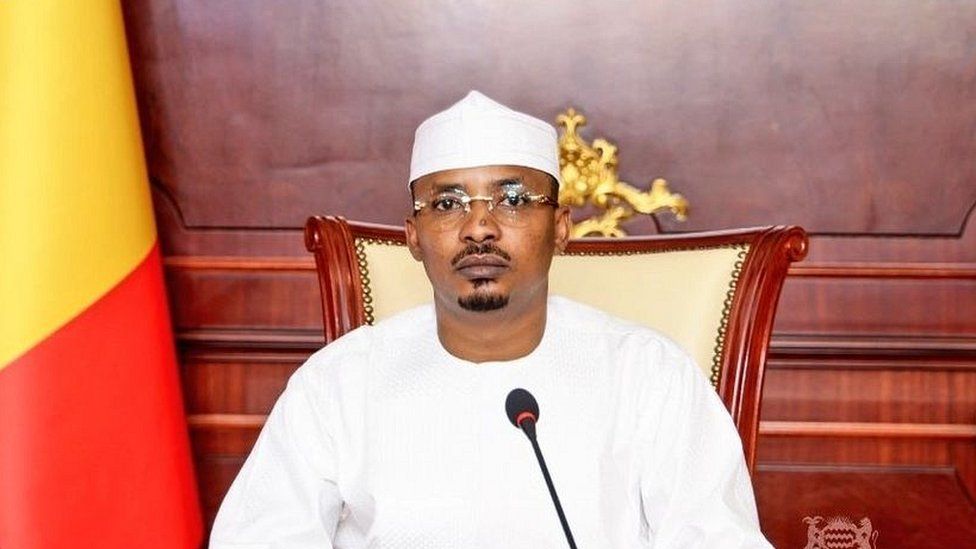
General Déby took over as transitional leader in April 2021 following the death of his father President Idriss Déby in a military operation against rebels.
Déby had come to power himself in 1990 after toppling the dictator Hissene Habré. He later set up Chad’s first multi-party political system, and went on to win successive elections.
Elections had been scheduled for the second half of 2022. but these have been postponed until at least October 2024.
MEDIA

Although legally there is freedom of the press, in practice this is restricted. Criticism of the government is generally permitted but reporters commonly self-censor to avoid reprisals.
Media outlets can have their own editorial line, but investigative reporting that is critical of senior government officials and their close associates is not tolerated, says Reporters Without Borders (RSF).
TIMELINE
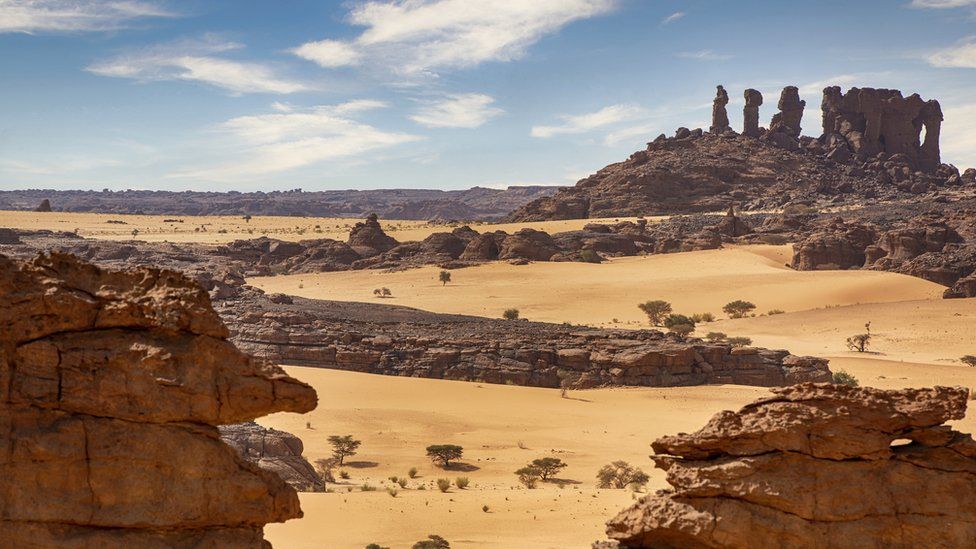
Some key dates in Chad’s history:
1883-93 – Sudanese adventurer Rabih al-Zubayr conquers the kingdoms of Ouadai, Baguirmi and Kanem-Bornu, situated in what is now Chad.
1900 – France defeats al-Zubayr’s army, completing its conquest in 1913. Chad becomes a colony.
1946 – Chad becomes a French overseas territory with its own territorial parliament and representation in the French National Assembly.
1960 – Chad becomes independent.
1963 – The banning of political parties triggers violent opposition in the Muslim north.
1966 – Northern revolt develops into a fully-fledged guerrilla war.
1973 – French troops help put down the northern revolt, but Frolinat continues guerrilla operations throughout the 1970s and 1980s with the help of weapons supplied by Libya.
1977 – Libya annexes the Aouzou strip, and sends in troops in 1980 to support President Goukouni Oueddei in his fight against the Army of the North, led by a former prime minister, Hissene Habré.
1981 – Libyan troops withdraw at Oueddei’s request.
1982 – Habré seizes power. He is later accused of mass political killings during his rule.
1983 – The Organisation of African Unity recognises Habré’s government, but Oueddei’s forces continue resistance in the north with Libyan help.
1987 – The combined troops of Frolinat and the Chadian government, with French and US assistance, force Libya out of the entire northern region apart from the Aouzou strip and parts of Tibesti.
1990 – Coup leader Hissene Habre toppled by former ally Idriss Déby.
1994 – International Court of Justice rejects Libyan claims on Aouzou and rules that Chad had sovereignty over the strip.
1996 – Déby wins Chad’s first multi-party presidential election.
1998 – The Movement for Democracy and Justice in Chad, led by Déby’s former Defence Minister, Youssouf Togoimi, begins armed rebellion against the government.
2006 – Rebels seeking to oust President Déby battle government forces outside the capital. Hundreds are killed. Chad cuts diplomatic ties with Sudan, accusing it of backing the rebels.
State of emergency imposed in eastern areas bordering Sudan’s Darfur region after a spate of ethnic violence.
2007 – UN Security Council authorises a UN-EU peacekeeping force to protect civilians from violence spilling over from Darfur in neighbouring Sudan.
2009 – Eight rebel groups unite to form new rebel alliance, the Union of Resistance Forces (UFR). EU peacekeepers in eastern Chad hand over to a new, larger UN force known as Minurcat.
2010 – President Déby and Sudan’s Omar al-Bashir hold talks in Khartoum, their first meeting for six years; President al-Bashir says Sudan is ready for full normalisation of ties.
Chad and Sudan agree to deploy joint force to monitor situation along their shared border. Chad-Sudan border reopens seven years after Darfur conflict forced its closure.
2012 – Chad calls on countries neighbouring northern Nigeria to set up a joint military force to tackle Boko Haram militants.
Senegal, African Union agree to set up special tribunal to try Chad’s former leader Hissene Habré.
Leader of rebel group FPR, Abdel Kader Baba Ladde, surrenders.
2016 – Hissene Habré is found guilty of crimes against humanity and sentenced to life in prison by an African Union-backed court in Senegal.
2021 – President Déby dies during military operation against rebel group.
Source: bbc



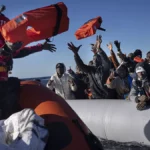



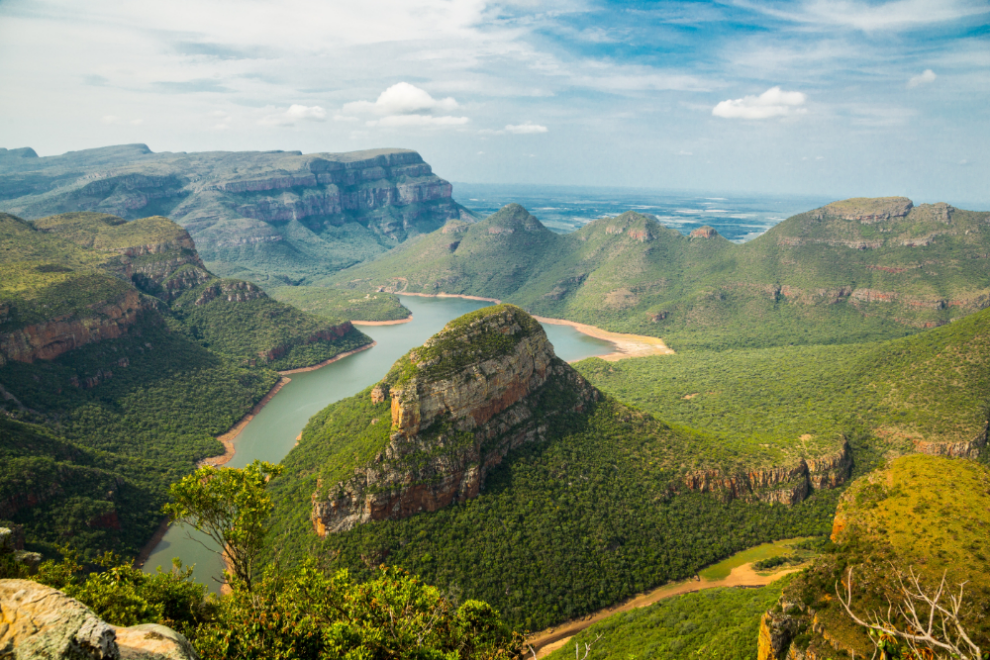

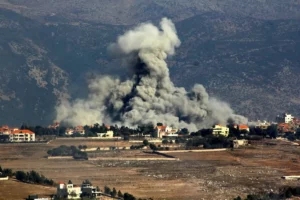
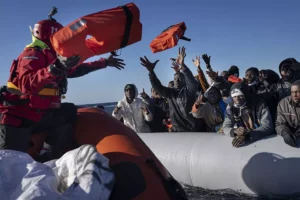






Add Comment